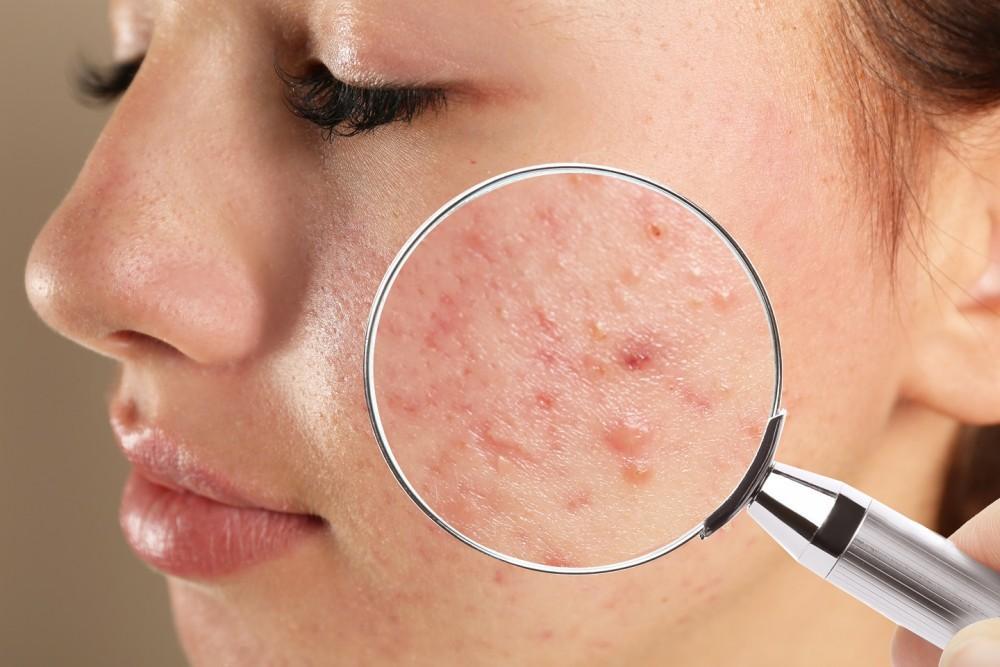
Why Do I Have Adult Acne?

Acne might seem like a teenager’s issue, but the lumps, bumps, redness, and pain can affect your skin during adulthood, too. In fact, nearly half women and 15% of men report experiencing some amount of adult acne.
Thankfully, effective treatments are available – and we’re here for you. The experts at our three Dermatology Associates of Central New Jersey offices can help clear your skin of acne for a more radiant complexion.
Take a few moments to learn more about adult acne, including why it happens in the first place.
What causes adult acne
The same factors that fuel acne from puberty into your teens can bring on blemishes as an adult. Much of it boils down to hormones and oil production.
During your preteen and teen years, levels of hormones known as androgens increase. Androgens cause your skin to produce more oil, which can leave you vulnerable to the buildup of dead skin cells and debris in your pores.
So even though your hormones probably aren’t as roller coaster-like as they were in middle school, adult acne, too, can stem from:
- Bacterial imbalance
- Excess oil production
- Certain medications, such as anticonvulsants, corticosteroids, and lithium
- Clogged pores
- Hormonal changes
- Inflammation
Hormonal changes are one reason people who menstruate or become pregnant may be especially prone to acne in adulthood.
You might also develop adult acne from inflammation throughout your body, which can unfold because of diseases, like polycystic ovary syndrome (PCOS), and lifestyle factors, such as an inflammatory “Western-style” diet.
Stress may also impact your skin, contributing to acne flare ups. That’s because your body releases cortisol, a stress hormone, in response to stress. So the more stress you endure, the more pimples and blackheads you may have.
What to do about adult acne
If an underlying condition or lifestyle factors are fueling your acne symptoms, treating or managing those issues can go far. At Dermatology Associates of Central New Jersey, we may also recommend:
- Over-the-counter or prescription medication
- Light or laser therapy
- A steroid injection into an especially stubborn or painful nodule or lesion
- Chemical peels
- Hydrafacials
We may also recommend a strict cleansing routine for your face, to prevent buildup of oil and to keep harmful bacteria from gathering in your pores.
On the bright side, adult acne tends to diminish with increasing age, becoming less common after age 44. Staying ahead of flare ups you’re prone to can go far.
To learn more about adult acne or get the support you need, call Dermatology Associates of Central New Jersey, or book an appointment at one of our three offices through our website today.
You Might Also Enjoy...


New Year, New You: 3 Ways BOTOX® Can Refresh Your Look in 2026

Aggravated by Your Acne Scars? SkinPen® Can Help

5 Tips for Treating Dry Skin on Your Face

What is Microneedling and Why is Everyone Raving About It?


